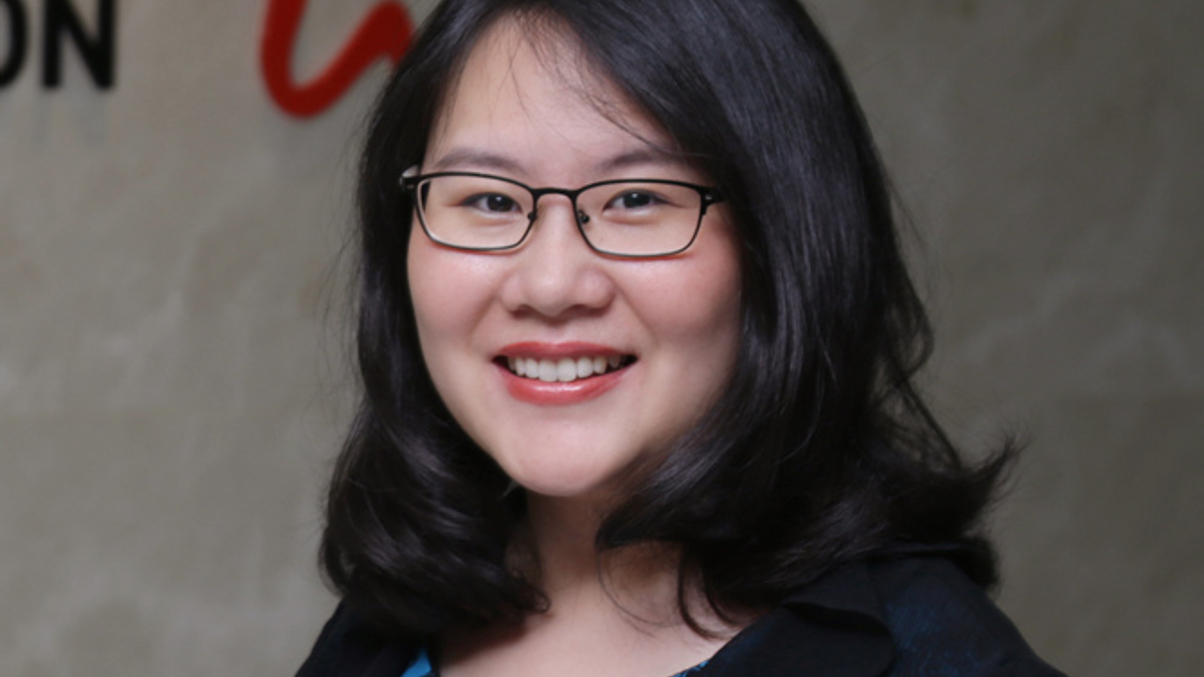Korea's GEPS plans offshore alternatives push
The Government Employees Pension Service will raise its foreign alternatives allocation, which may include more private equity exposure and its first offshore hedge fund investments.

Korea’s Government Employees Pension Service (GEPS) plans to diversify its overseas alternatives allocations, with an eye to boosting its private equity exposure and making its first step into offshore hedge funds.
Sign in to read on!
Registered users get 2 free articles in 30 days.
Subscribers have full unlimited access to AsianInvestor
Not signed up? New users get 2 free articles per month, plus a 7-day unlimited free trial.
¬ Haymarket Media Limited. All rights reserved.


